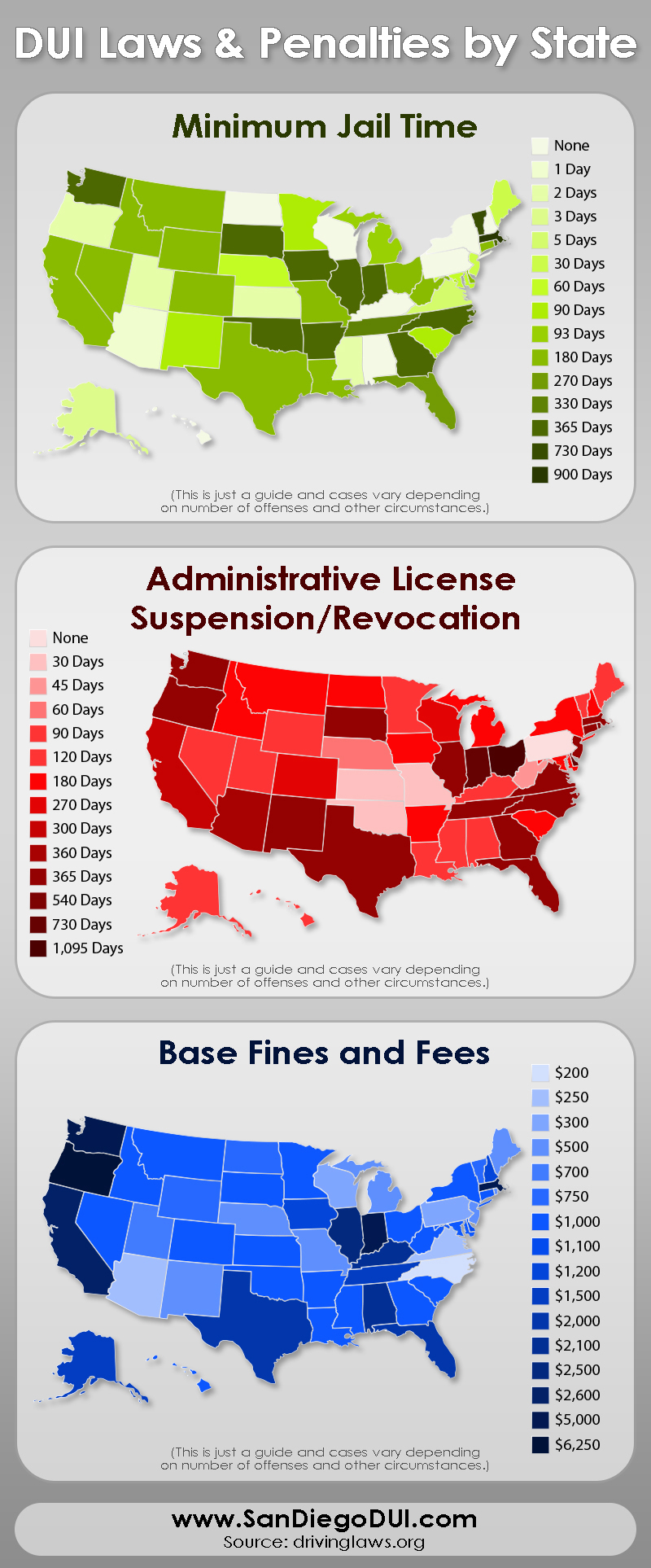Houston Dwi Lawyer Fundamentals Explained
Table of ContentsGetting The Houston Dwi Attorney To WorkRumored Buzz on Houston Dwi AttorneyFacts About Houston Criminal Defense Lawyer UncoveredGetting The Houston Dwi Lawyer To Work
The suspect is normally not offered Miranda warnings currently since the encounter legally has actually not gone from "investigatory" to "accusatory", and also since the authorities desire the suspect to believe the questions are not being made to collect "likely cause" evidence. At this point, the suspect is not needed to offer greater than identification and vehicle information.
Recorded examination outcomes, such as - Initial breath test (PBT) proof - Pseudo-scientific test results from field soberness tests Police provide a one-leg-stand test after an accident. One of the most controversial aspects of a DRUNK DRIVING stop is the area soberness examination (FSTs) - Houston Criminal Defense Attorney. The National Freeway Web Traffic Safety Administration (NHTSA) has actually developed a model system for taking care of Standardized Field Sobriety Examination (SFST) training.

As an outcome of the NHTSA researches, the walk-and-turn examination was figured out to be 68% accurate, and also the one-leg stand examination is just 65% precise when carried out to people within the research study specifications. The examinations were not confirmed for people with clinical problems, injuries, 65 years or older, and also 50 pounds or greater overweight.
FSTs are thought about "split attention examinations" that check the suspect's capacity to execute the kind of mental and physical multitasking that is required to run a car. Houston Criminal Defense Attorney. However, these examinations can be bothersome for individuals with non-obvious specials needs affecting proprioception (the understanding of the body's movement), such as Ehlers-Danlos disorder.
Houston Dwi Attorney - An Overview
The Walk-and-Turn Examination (heel-to-toe in a straight line). This examination is developed to gauge a person's capacity to follow instructions and keep in mind a collection of steps while separating attention in between physical and mental tasks. The One-Leg-Stand Test According to NHTSA, these examinations were not made to determine impairment, but instead to offer a likelihood that a driver goes to or over a 0.08% BAC.
In 1991, Dr. Spurgeon Cole of Clemson University performed a research of the precision of FSTs. His staff videotaped people doing 6 typical field soberness tests, after that revealed the tapes to 14 law enforcement agents and asked them to choose whether the suspects had "had too much to consume and also drive" (sic).
The outcome: the officers gave their point of view that 46% of these innocent people were as well drunk to be able to drive. This research showed the feasible mistake of FSTs. Different tests, which have not been clinically verified, consist of: Romberg examination, or the Modified-Position-of-Attention Test, (feet together, head back, eyes shut for thirty seconds).

The Alphabet Test (recite all or part of the alphabet). The Finger Count Examination (touch each finger of hand to thumb counting with each touch (1, 2, 3, 4, 4, 3, 2, 1)). The Counting Examination (checking in reverse from a number ending in a number aside from 5 or 0 as well as stopping at a number finishing apart from 5 or 0.
Getting The Houston Criminal Defense Attorney To Work
The Initial Alcohol Screening Examination, PAS Test or PBT, (breathe into a "mobile or initial breath tester", Test or PBT). FSTs as well as SFSTs are advertised as, "utilized to figure out whether a topic suffers", however FST examinations are commonly regarded having, as their primary purpose, developing concrete evidence of "possible reason for apprehension".
A second purpose is to provide sustaining corroborative substantial evidence for usage versus the suspect for use at test see this here in jurisdictions that allow such evidence. In all United States jurisdictions, involvement in a Field Soberness Test is volunteer, as well as not called for under implied consent laws. (Police are not obliged to advise the suspect that engagement in a FST or various other pre-arrest treatments is volunteer.
An increasingly used field sobriety test entails having the suspect infuse a tiny, portable breath screening tool. These are typically referred to as Examinations, or "Preliminary Alcohol Testing" Examinations", or a PBT, "Initial Breath Examination" and also come before the actual arrest and also subsequent demand to send to an evidentiary chemical test of the suspect's breath or blood.
A boosting number territories started using Portable Evidentiary Breath Examination devices, or PEBT devices, that are much more innovative variations of the smaller sized, low-cost versions of the larger, larger tools at the authorities stations. An additional difference is that, while the larger EBTs typically employ infrared spectroscopy, the PEBT and PAS devices make use of a relatively easy electrochemical (gas cell) technology.
The 8-Second Trick For Houston Criminal Defense Lawyer
The Initial Breath Examination (PBT) or Preliminary Alcohol Evaluating test (PAS) is often categorised as component of area sobriety screening, although it is not part of the series of efficiency tests. The PBT (or ) utilizes a portable breath tester. While the tester offers mathematical blood alcohol content (BAC) readings, its key use is for testing and hop over to these guys establishing likely cause for arrest, to invoke the implied permission needs.

No matter the terminology, in order to suffer a sentence based on indicative tests, likely cause must be shown (or the suspect should volunteer to take the evidential examination without suggested authorization needs being invoked). Cops are not obliged to suggest the suspect that participation in a FST or various other pre-arrest treatments is voluntary.
Rejection to take an initial breath examination (PBT) in Michigan topics a non-commercial vehicle driver to a "civil infraction" charge, with no infraction "points", yet is ruled out to be a rejection under the basic "implied authorization" law. In some states, the state might offer proof of refusal to take a field sobriety examination in court, although this is of doubtful probative useful reference worth in a driving under the influence prosecution.
Some US states, significantly California, have laws on the books punishing PBT refusal for vehicle drivers under 21; nonetheless the Constitutionality of those laws has not been evaluated. (As a practical issue, a lot of criminal lawyers encourage not involving in discussion or "warranting" a refusal with the cops - Houston DWI Attorney.) If the policeman has adequate likely cause that the suspect has been driving drunk of alcohol, they will make the apprehension, handcuff the suspect and carry them to the police headquarters.